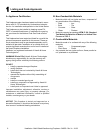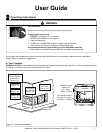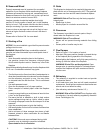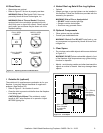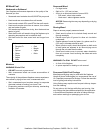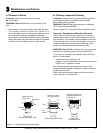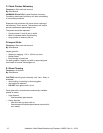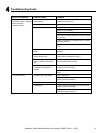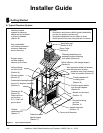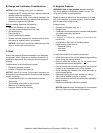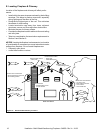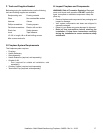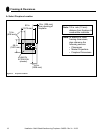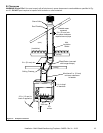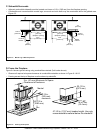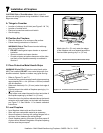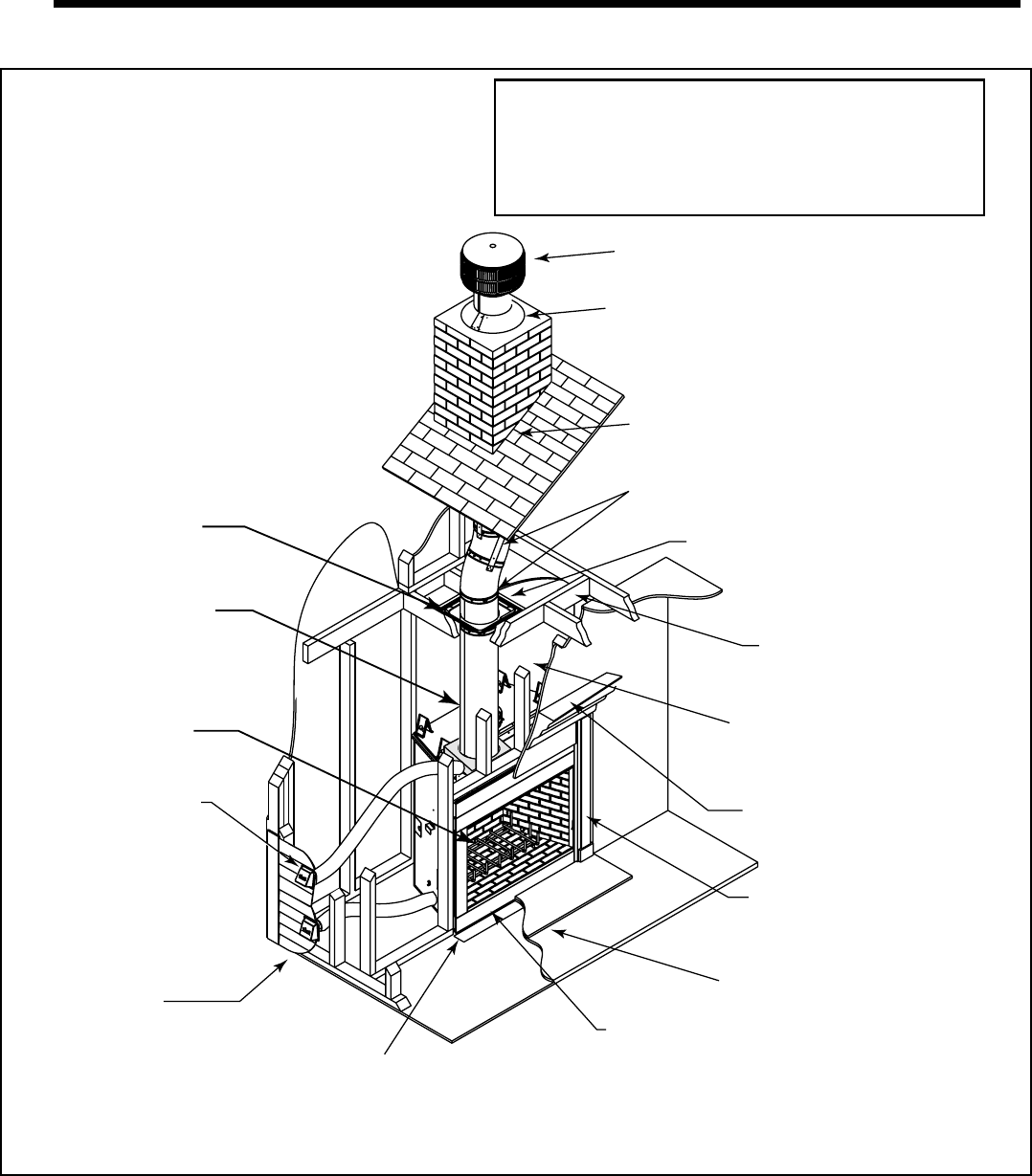
14
5
5
Getting Started
A. Typical Fireplace System
Installer Guide
Heatilator • Multi-Sided Woodburning Fireplace • 34955 • Rev V • 11/08
)
)
)
)
)
)
)
)
)
)
)
)
)
)
)
)
)
)
)
)
)
)
)
)
)
)
)
)
)
)
)
)
)
)
)
)
)
)
)
)
)
)
)
)
)
)
)
)
)
)
)
)
)
)
)
)
)
)
)
)
)
Non-combustible
roof flashing maintains
minimum clearance
around chimney
Additional lateral
support for chimney
above roof (or enclosed
in chase) if needed
(Section 8)
Ceiling firestop
on floor of attic
(Section 8)
Support straps
on rafter support
chimney (not shown)
Termination cap
(Section 8 & 9)
Chimney penetrates roof
preferably without affecting
roof rafters (Section 9)
Offset & Return (with hanger straps)
(Section 8)
Framing headed off
in ceiling joists
(Section 8)
Enclosed space above
and around fireplace
(Section 6)
Mantel and surround
(Section 11)
Decorative facing
and trim
(Section 11)
Hearth extension
(Section 11)
Factory-built fireplace
Protective metal
hearth strip(s)
(Section 7)
Outside
combustion air
(Section 7)
Combustible framing/header
on top of V-shaped standoffs
(Section 6)
Chimney system
(Section 8)
Attic insulation shield (not shown)
must be used here to keep
insulation away from chimney
if attic is insulated (Section 8)
Storm Collar
(Section 8)
NOTICE:
• Illustrations and photos reflect typical installations
and are for design purposes only.
• Illustrations/diagrams are not drawn to scale.
• Actual product may vary from pictures in manual.
Chimney Air Kit
(Section 8)
Outlet must be
no less than
6 ft. (1.83m) off
ground level.
Figure 5.1 Typical Fireplace System



